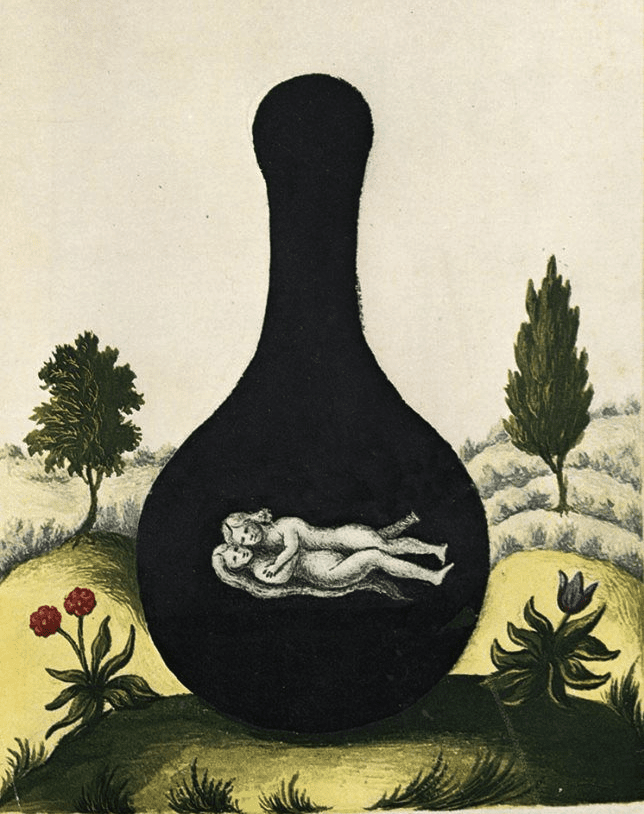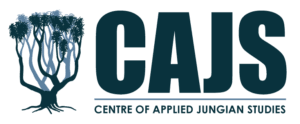Carl Gustav Jung was introduced to Alchemy in 1928 when Richard Wilhelm sent him a copy of the famous oriental text The Golden Flower. He commissioned a Munich book dealer to alert him to any Alchemical Texts that may cross his path. A few months later, he received an Alchemical text written in 1593 called Artis Auriferae Volumina Duo. Glancing at it he thought, “what nonsense” and “this is impossible to understand”. It was two years before he started reading it and realised that the alchemists were talking in symbolic language about the individuation process. Fascinated and intrigued, he spent the next 16 years researching and studying alchemy.
The Alchemical process has four distinct stages: Nigredo, Albedo, Citrinitas and Rubedo. These stages are the framework of Jung’s characterization of the four stages of transformation: Confession, Illumination, Education and Transformation. The first stage is Nigredo, the blackening. This stage is also referred to as the putrification and is the stage of confession or catharsis. The burning away of the dross. This process starts with the Prima Materia, the essential basic matter which is black on the outside and white on the inside.
The psychological process involved in Nigredo is shadow work. This involves understanding what you project onto others and the world. It is about becoming aware of your own darkness (shadow). Only through the process of burning away your false ideas and beliefs do you gain clarity on who you truly are. Nigredo is the first stage of the Alchemical process. The process of creating the philosopher’s stone. Viewed psychologically, this is the process of individuation. Giving birth to your true, honest and individuated Self. It is the reason for embarking on the Great Work (Magnum Opus). Alchemically the transmutation of lead to gold, psychologically and spiritually the transmutation of shadow to Self, of ‘sin’ (any psychological ailment) to virtue.
This course will introduce you to the key elements involved in shadow work and teach you the skills and tools that you will need to engage and work with your own unconscious.
This programme is open to all, regardless of previous experience with Jungian or psychodynamic theory. This is an excellent introduction to the key concepts in Applied Jungian Psychology. These concepts are engaged with using a creative and reflective perspective. The course is designed to facilitate the development of a more holistic perspective on yourself and the world around you. The focus is on individuation, meaning and consciousness.


